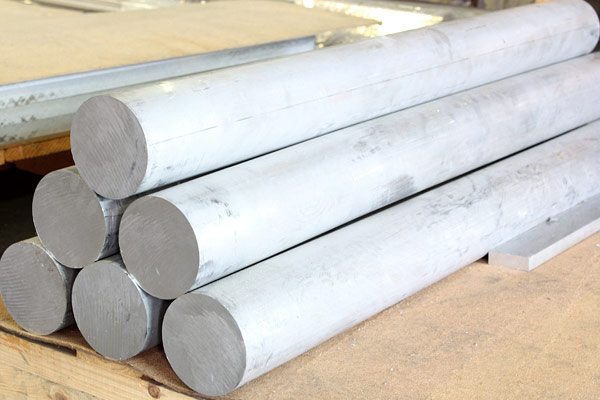
Last week we went over what is 4130 chromoly and heat-treating. We were thinking it would be rad to continue this and talk about a few other types of metals and materials that are used in BMX, so today we’re going to talk a little bit about 7075-T6 aluminum and 6061 Alumimum, which we find frequently on a lot of parts like stems and sprockets, but do you know what the numbers actually mean? Well, here’s your chance to find out…
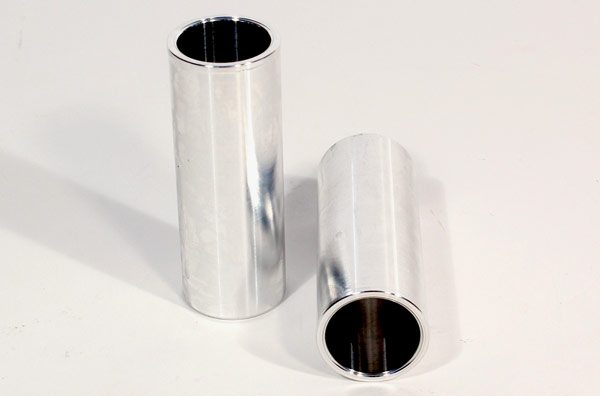
Profile Racing’s 7075-T6 aluminum pegs.
Alright, so let’s start this off with the basics. 7075-T6 is an alloy aluminum. If you caught our feature on 4130 chromoly, you would know that alloy is a metal that is mixed with two or more elements to make it. 7075 aluminum is a mix of 4 different materials. Aluminum, 5.6 to 6.1% zinc, 2.1 to 2.5% magnesium and 1.2 to 1.6% copper (Wikipedia).
6061 Aluminum is an alloy mixed with many other elements. Other than aluminum, you can find Silicon, Iron, Copper, Manganese, Magnesium, Chromium, Zinc and Titanium. Although most of these only account for 0.04% – 0.8% each, with Aluminum making up roughly 94% of it, they still play an important role in creating a strong material.
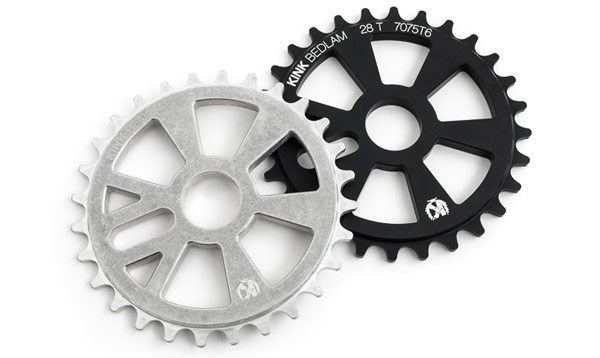
Kink’s Bedlam sprocket is CNC machined from 7075-T6 aluminum.
Aluminum on its own is soft and bends easily and does not flex back into its original state. There are multiple levels of aluminum starting at 1100 which is the softest, un-heat treatable and does not machine. 7075 is the hardest and it is heat-treatable and machinable. This is why it makes it usable on BMX products since heat-treating makes it stronger and CNC machining is one of the most common ways of making a metal block into something for BMX like a stem.
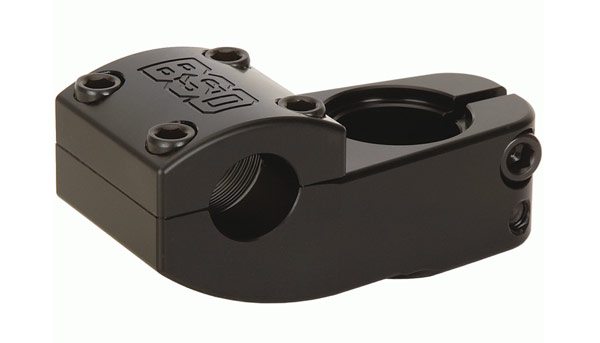
BSD’s Stacked top load stem is made from CNC machined 6061-T6 aluminum.
6061 aluminum is one of the most common aluminum alloys because of its many uses due to its ability to be tig and mig welded easily, forged, extruded or machined. For example, a lot of BMX stems are made from 6061-T6. 6061 is also heat-treatable and machinable similar to 7075.
The T6 is an indicator for if it is heat-treated and how it is done. T stands for “Temper” and the numbers indicate which process it went through; T1 and T2 are a cooling processes, T3 and T4 are heat-treated, T5 is cooled, T6 and T7 are heat-treated. The T6 level is created when the 7075 aluminum is heated to 450 degrees Celsius for several hours, then quickly cooled and then aged at 120 degrees celsius for a full day. This process usually hits the peak strength of 7075 giving it a tensile strength of 74,000 to 78,000 PSI, a yield strength of 63,000 – 69,000 PSI and a failure elongation (How far it can bend or stretch before it breaks) of 5-11%. Which essentially means if done properly, it should withstand most of the gnarliest pressure caused from riding like big drops or heavy landings.
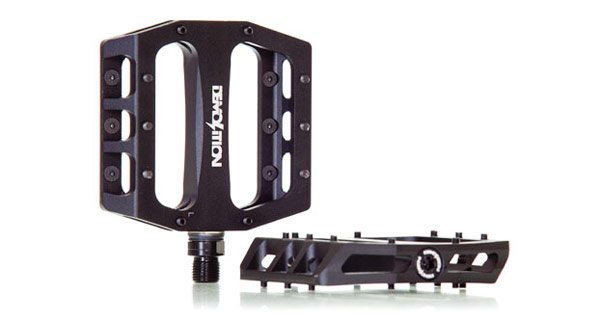
Demolition Parts’ Trooper pedals bodies are made from 6061-T6 aluminum.
6061-T6 has a tensile strength of at least 42,000 PSI, yield strength of at least 35,000 PSI and an elongation of 8 to 10% dependent on thickness. So, as you can see it’s not quite as strong as 7075-T6, but it’s still quite adequate for something like a BMX stem that is thicker than let’s say a sprocket. As you would imagine, since 7075 is less common than 6061 aluminum, there is a price difference and 7075 is more expensive. But like they say, you will have to pay more for higher quality.
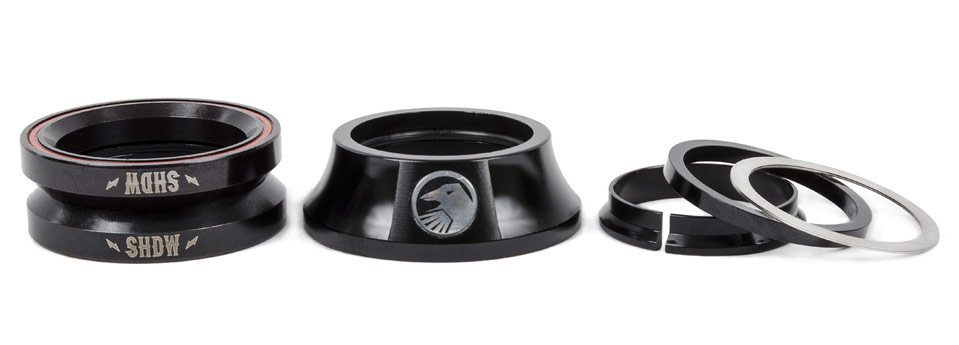
The Shadow Conspiracy use 6061-T6 on their Stacked headset caps
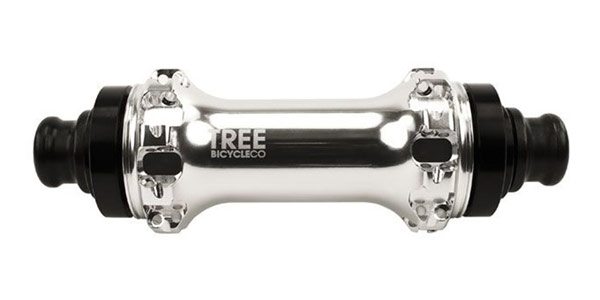
Tree Bicycle Co. use 6061-T6 on their Straight Pull hubs shell and a 7075 aluminum center female axle on the inside.
So, that about wraps it up. We’re not experts by any means on metals, so please let us know if anything found here is incorrect. Please let us know what you think in the comments or if you have any questions! We want to hear from you!